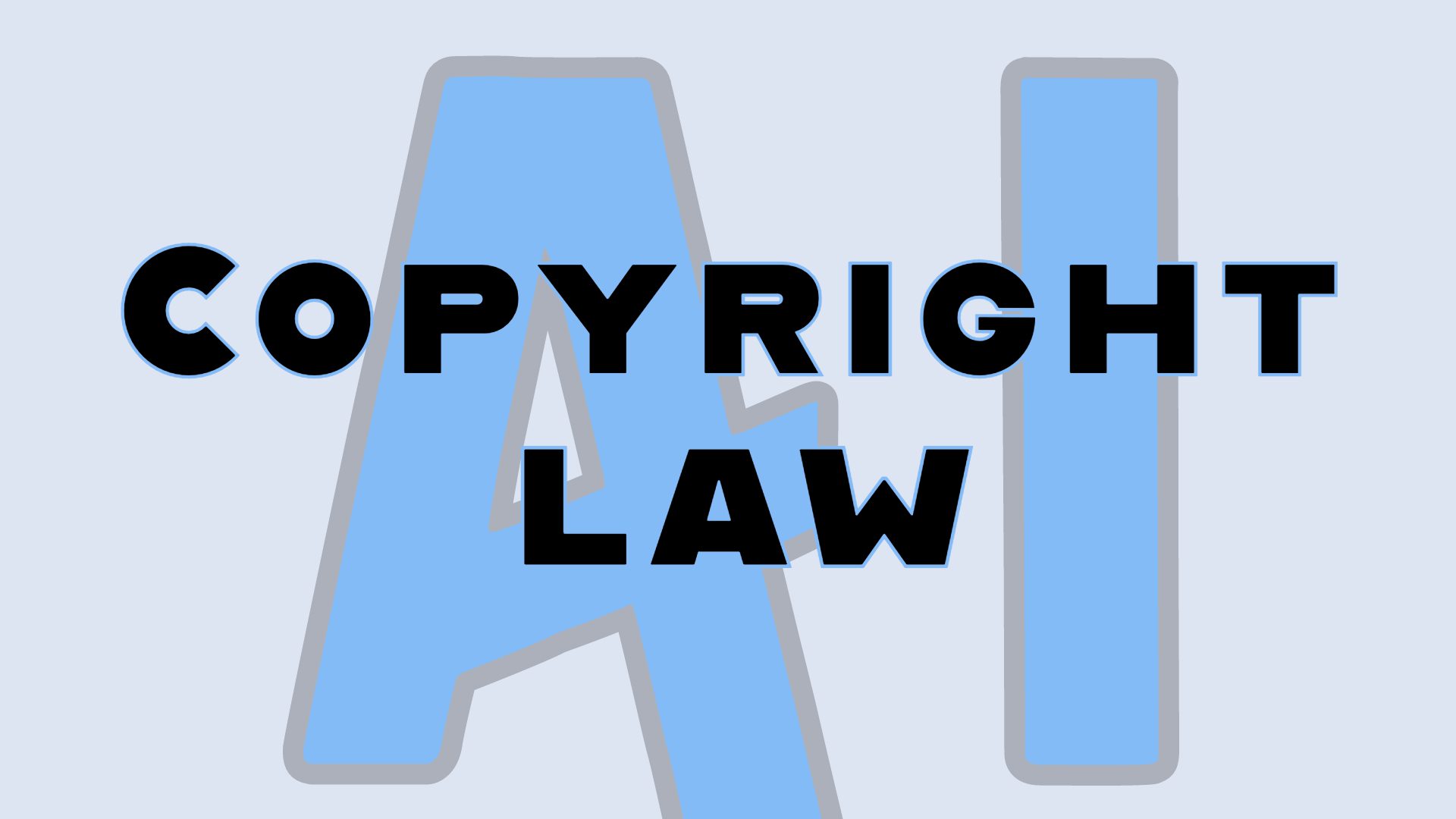David Cruz - October 19, 2023 - Artificial Intellience, Copyright Law, Internet Law

In the digital age, artificial intelligence (AI) has become a game changer for content creators and social media influencers. AI tools offer unprecedented assistance in content creation, from automated editing to graphic design, and push the boundaries of creativity. Yet, as with all technological advancements, there’s a legal side to consider. This article explores the intricate world of AI and copyright, providing insights and guidance from a top AI Attorney for those at the forefront of digital content creation.
AI-powered tools, from automated editing software to graphic design apps, are fast becoming indispensable for many creators thanks to their endless potential. The surge in AI-driven content creation has prompted the U.S. Copyright Office to revisit the issue of whether AI-generated works are copyrightable. Historically, for a work to be copyrightable, it needs the touch of human authorship and creativity. The U.S. Copyright Office has maintained this stance, emphasizing that creations made solely by AI are not copyrightable. A recent decision found that AI-generated comic book images were deemed ineligible for protection. Yet, they recognized that the human-curated organization and arrangement of these images did meet the standard for copyright protection. The waters get murkier when humans and AI collaborate. A human’s guidance or creative decision-making can make an AI work eligible for copyright protection.
A notable case from this year involves computer scientist Stephen Thaler. Thaler sought copyright for an art piece produced by his AI system, “Creativity Machine.” The U.S. District Court, however, ruled against him, underscoring the necessity of human authorship for copyrightability. Thaler has recently appealed this decision, hoping to find a different outcome in the higher courts. This case, among others, showcases the ongoing legal dilemmas surrounding AI and copyright, especially as more artists and creators integrate AI into the artistic process. Such decisions highlight the evolving nature of copyright law in the face of AI advancements. In light of this trend, the Copyright Office is currently undergoing its investigation, requesting public comments to determine the extent AI can be involved without eliminating the work’s copyrightability.
Before diving deeper into the implications of using AI, it’s crucial to understand how AI systems access, process, and store data. AI models, especially machine learning models, are trained on vast datasets. These datasets can include anything from text and images to more complex data like music or videos. When you use an AI tool, primarily a cloud-based tool, your data might be uploaded to the tool’s servers, processed, and potentially stored or used to improve the tool’s algorithms.
Using AI means potentially giving it access to your copyrighted works. While this can enhance the tool’s output quality, it also raises concerns about whether your content gets added to the AI’s training database. If it does, your work could inadvertently be used to train future iterations of the AI, leading to potential copyright infringements.
When working with AI, especially third-party tools, it’s vital to ensure data restrictions are in place. Always read the terms of service and data usage policies. Some tools might claim rights to use your data for various purposes, including refining their algorithms or even for promotional activities. For this reason, ensure that you’re comfortable with these terms or seek alternatives that offer more stringent data protection.
For creators, it’s beneficial to develop an assessment plan to determine which works can be offered up to AI without fear of infringement:
Another major issue of the use of AI in creating content is the impact it may have on works done for hire. Collaborating with AI tools or with contractors who utilize AI brings forth its own set of challenges. The objective might be to obtain a creative work with full ownership rights, but the reality could be minimal rights to no rights due to the predominant AI-generated content. Given the lack of protection surrounding AI-generated content and the uncertainty of whether editors and creators may use AI, it’s paramount to establish clear contractual terms. When hiring editors or engaging in collaborations, ensure that:
Influencers should seek to protect themselves and their rights by outlining the rights and responsibilities of both parties in a clear written agreement, providing clarity and protection from how AI may be used.
In this ever-evolving landscape, staying proactive is the key:
Don’t leave yourself exposed to legal risks. Get in touch with us today. Let us guide you through the complexities of AI, copyright law, and contract agreements. We’ll help you navigate the legal landscape with confidence and peace of mind. Let’s work together to safeguard your interests and support your continued innovation and growth. Don’t wait until it’s too late, act now and ensure you and your creative works are legally protected. Click here to schedule your free consultation.
The intersection of AI and copyright law is a dynamic and complex domain. As content creators and influencers, it’s crucial to navigate this space with both creativity and caution. Don’t venture into this realm unprepared. Equip yourself with the right knowledge and legal support.
Our firm specializes in AI and copyright law. We understand the unique challenges in your field, and our expertise is focused on providing personalized legal advice, conducting risk assessments, and helping draft and revise contract agreements for content creators. Our goal is to help content creators establish a solid legal foundation, enabling them to navigate the evolving legal landscape with confidence. We’re committed to ensuring that as you harness the power of AI for content creation, your rights and creations remain protected. We’re here to guide you every step of the way.